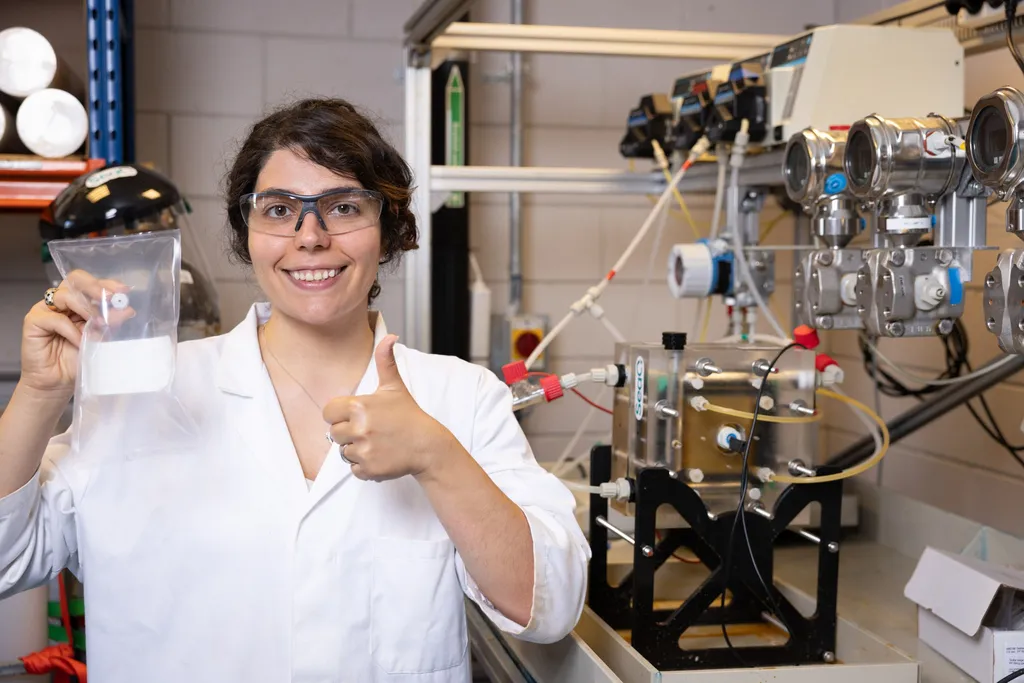In the quest to ensure the safe and permanent storage of carbon dioxide (CO2) underground, researchers have been investigating the resilience of sealants used in geological CO2 storage. A recent study published in the journal *Nature Scientific Reports* sheds light on how different sealants withstand thermal cycling, a critical factor in maintaining the integrity of CO2 storage sites.
The study, led by Kai Li from the Geoscience and Engineering Department at Delft University of Technology, focuses on the effects of confined thermal cycling on sealants with varying thermomechanical properties. The research is particularly relevant for the energy sector, as it addresses the long-term viability of carbon capture and storage (CCS) technologies.
Li and his team examined four different sealant compositions: two ordinary Portland cement-based blends (S1 and S2), a novel ordinary Portland cement-based blend with CO2-sequestering additives (S3), and a calcium aluminate cement-based blend (S4). These sealants were subjected to thermal cycling under confinement to simulate the conditions they would face in real-world CCS applications.
The researchers found that all sealant samples maintained their integrity without cracking after thermal cycling under confinement. Notably, the application of confinement suppressed the potential for crack formation by increasing the effective strength of the sealant during thermal cycling. “The application of confinement suppressed the potential of crack formation by increasing the effective strength including tensile strength of the sealant during thermal cycling by a reduction in porosity,” Li explained.
The study also revealed that the reduction in porosity was associated with an increase in compressive strength. Sealants subjected to higher confinement pressures exhibited a greater reduction in porosity and more enhanced compressive strength. These findings suggest that sealants with high tensile strength and thermal diffusivity, but low Young’s modulus and thermal expansion coefficient, are better suited for CCS applications.
The implications of this research are significant for the energy sector. As CCS technologies continue to evolve, the development of sealants that can withstand the thermal stresses associated with CO2 injection will be crucial for ensuring the long-term integrity of storage sites. “To limit potential damage to seal integrity induced by thermal cycling, sealants for carbon capture and storage should ideally have high tensile strength and thermal diffusivity, but low Young’s modulus and thermal expansion coefficient,” Li noted.
This study provides valuable insights into the selection and design of sealants for CCS applications, ultimately contributing to the advancement of technologies that are essential for mitigating climate change. As the energy sector continues to explore and implement CCS solutions, the findings from this research will play a pivotal role in shaping future developments in the field.

